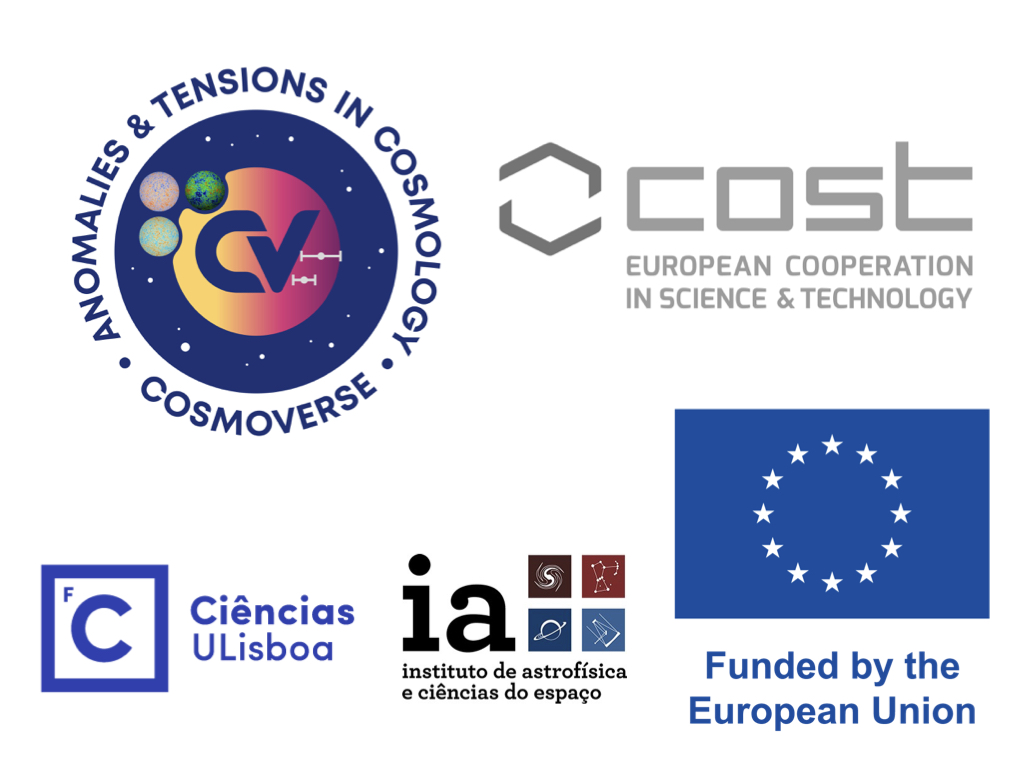Speaker
Description
Early Dark Energy (EDE), an additional component of dark energy active in the decade of redshift before recombination, has emerged as one of the most effective models at resolving the Hubble tension. By reducing the size of the sound horizon’ that calibrates CMB and BAO observations, it is able to fit a variety of datasets including the variety of high-H0 measurements, and may shed light upon the yet-unknown nature of dark energy, and even inflation. Yet, it is clear that EDE cannot bethe end of the story’ at least in its current form, as it brings up a number of theoretical and observational issues. In this talk, I will review the current status of EDE models, highlighting both the successes and challenges that EDE is facing, and draw implications of what we have learned about EDE towards establishing a new ``concordance cosmology’’.

